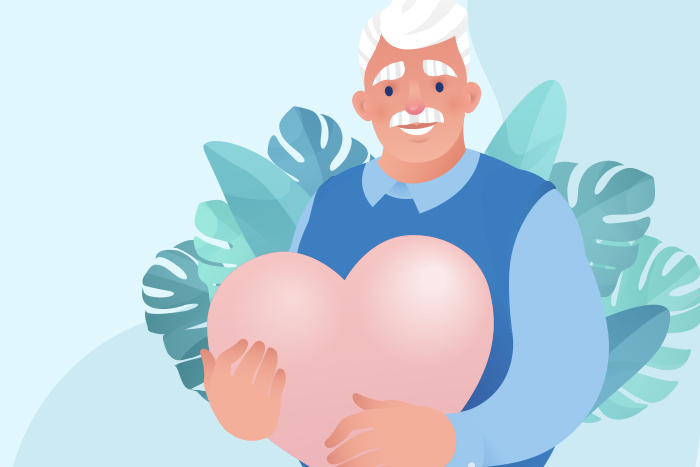Healthy Living Tips When You Have a Heart Condition
Being told you have a heart condition can feel overwhelming. But many people live long, fulfilling lives by making a few healthy changes. With the right steps, you can keep your heart strong and enjoy the things you love.
In this article, we'll cover easy tips to manage your heart health through diet, exercise, medication, and stress management. These ideas are meant to help you feel more in control of your health and live life to the fullest.
Eat a Heart-Healthy Diet
What you eat can have a big effect on your heart. A heart-healthy diet helps lower blood pressure, manage cholesterol, and keep your weight in check.
Simple tips to eat better:
Fill half your plate with vegetables and fruits.
Choose whole grains like brown rice or whole wheat bread.
Eat lean proteins such as chicken, fish, beans, or tofu.
Cut back on foods high in saturated fat, like fried foods and fatty meats.
Limit added salt and sugar whenever you can.
Cooking at home more often can help you control what goes into your meals. Try baking or grilling instead of frying. If you need ideas, ask your doctor for a referral to a dietitian who specializes in heart health.
Stay Active Without Overdoing It
Moving your body can strengthen your heart and help you feel better. Even light activities can make a big difference.
Easy ways to get moving:
Take short walks around your neighborhood.
Try chair exercises or gentle stretches.
Garden, clean, or do light chores to stay active.
Look into senior-friendly fitness classes at your local community center.
Always check with your doctor before starting a new exercise routine. They can help you find safe activities that match your energy level and needs.
Reaching a healthy weight can also help ease strain on your heart, and for some people, a weight loss program can be a helpful way to get there.*
Stick to Your Medications
If you’ve been prescribed medicine for your heart, it’s important to take it exactly as directed. Missing doses or stopping a medication without talking to your doctor can be dangerous.
Helpful medication tips:
Use a pill organizer to keep track of your doses.
Set reminders on your phone or write them on a calendar.
Keep a list of all your medications and share that list with your doctor or pharmacist at each visit.
Let your doctor know if your medications cause side effects or are hard to afford. They may be able to switch your prescription or help you find savings programs.
Manage Stress and Emotions
Living with a chronic condition like heart disease can be stressful. Worry, fear, or sadness are common—but there are ways to feel better.
Try these calming ideas:
Deep breathing or meditation for a few minutes a day.
Talking to a friend or joining a heart support group.
Enjoying hobbies like reading, crafting, or puzzles.
Spending time in nature or listening to music.
If stress or low mood is affecting your daily life, talk to your doctor. Mental health is just as important as physical health.
Know When to Ask for Help
It’s okay to ask for help. Whether it’s a family member, a friend, or a healthcare provider, having support makes a big difference.
Contact your doctor if you notice:
More shortness of breath than usual
Swelling in your feet or legs
Chest pain or tightness
Dizziness or fainting
Pain in one or both arms
Symptoms of a heart attack can be different for women. In addition to chest pain, symptoms can include:
Pain in the jaw, neck, shoulder, upper back, or upper stomach
Heartburn or indigestion
Nausea or vomiting
Sweating
Unusual fatigue
Don’t wait if something doesn’t feel right. Call 911 or press the emergency button if you wear a medical alert device.* The sooner you act, the better your chances of staying well.
Remember: You’re Not Alone
Many older adults are living with heart disease. The good news is that small, steady changes can lead to big improvements in how you feel each day. Talk with your healthcare team about your goals and what matters most to you.
Taking care of your heart is a journey, and you're not alone. With the right tools and support, you can keep doing the things you love—and even discover some new ones along the way.
Sources:
American College of Cardiology: Older Adults and Heart Disease
Mayo Clinic: Heart Healthy Diet
National Heart, Lung, and Blood Institute: Living with Coronary Heart Disease
*Disclaimer: Healthcare Select may earn a commission if you purchase a product or service through links to our partners. This comes at no extra cost to you.

